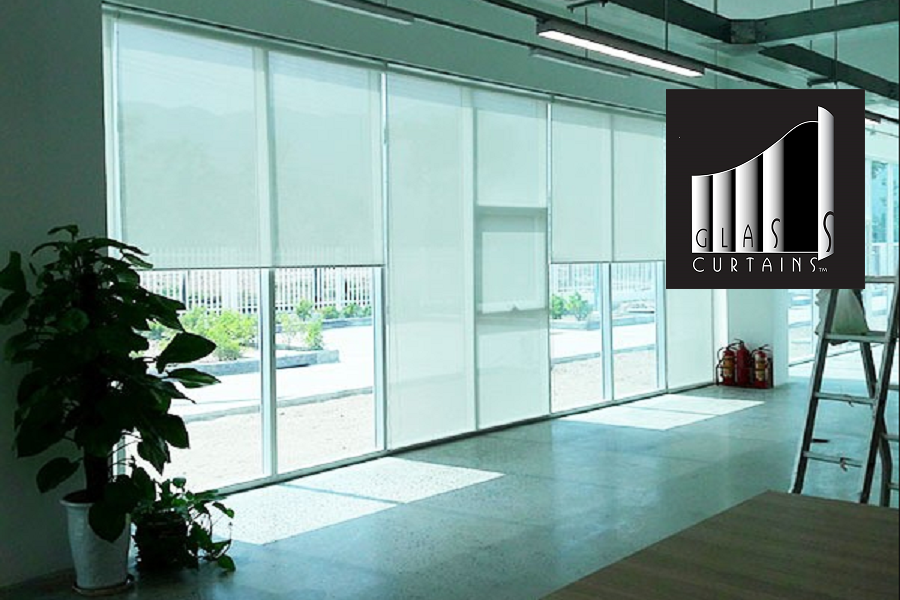Frameless sliding folding systems represent a contemporary advancement in architectural design, offering a sleek and functional alternative to traditional framed sliding doors and folding partitions. These systems are characterized by the absence of intrusive frames, allowing for an uninterrupted view and an elegant, minimalist appearance. The primary materials used in the construction of these systems are typically glass and aluminum, both known for their durability, strength, and aesthetic appeal.
Introduction to Frameless Sliding Folding Systems
The glass panels used in frameless sliding folding systems are usually tempered or laminated for enhanced safety and durability. GlassCurtains Tempered glass undergoes a process of extreme heating and rapid cooling, which makes it much stronger and less likely to break into sharp pieces upon impact. Laminated glass, on the other hand, consists of two or more layers of glass bonded together with an interlayer that holds the fragments in place if shattered. This ensures that even in the unlikely event of breakage, the risk of injury is minimized.
Aluminum is often chosen for the tracks and fittings due to its lightweight nature and resistance to corrosion, making it ideal for both indoor and outdoor applications. The engineering behind frameless sliding folding systems ensures smooth and effortless operation. High-quality rollers and precision-engineered tracks allow for seamless movement, while robust locking mechanisms provide security and stability.
One of the standout features of frameless sliding folding systems is their capacity to create expansive, unobstructed openings that blend indoor and outdoor spaces. Unlike traditional framed doors, these systems offer a panoramic view without the interruption of vertical or horizontal frames. This not only enhances the aesthetic appeal of any space but also allows for greater natural light penetration, contributing to more energy-efficient and pleasant environments.
Furthermore, frameless sliding folding systems are highly versatile and can be tailored to fit a variety of architectural styles and functional requirements. Whether used in residential homes, commercial spaces, or hospitality venues, their sleek design and practical benefits make them an attractive choice for modern architectural projects.
Applications and Benefits in the Lao Market
Frameless sliding folding systems are gaining traction in Laos due to their versatility and numerous benefits. Glass Curtain These systems are particularly well-suited for a variety of building types, including residential homes, commercial spaces, and hospitality venues. In residential settings, frameless sliding folding doors enhance the aesthetic appeal of homes by offering unobstructed views, which is particularly desirable in areas with scenic landscapes. Furthermore, they provide seamless transitions between indoor and outdoor spaces, which is ideal given Laos’ tropical climate that encourages outdoor living.
In commercial spaces, these systems maximize the use of space by allowing for flexible room configurations. For instance, in office buildings, they can be used to create open-plan workspaces that can be reconfigured as needed. In retail environments, frameless sliding folding doors create inviting storefronts that can attract more customers by providing an open, airy feel. Hospitality venues, such as hotels and restaurants, benefit from these systems by offering guests uninterrupted views of the surroundings, enhancing their overall experience.
The local climate and cultural preferences in Laos also play a significant role in the adoption of frameless sliding folding systems. The ability to open up spaces to allow for natural ventilation is a significant advantage in the hot and humid climate. Additionally, the emphasis on blending indoor and outdoor living spaces aligns well with traditional Laotian architectural styles, which often incorporate open-air designs.
From an economic and environmental perspective, frameless sliding folding systems offer several advantages. They improve energy efficiency by enhancing natural light penetration, reducing the need for artificial lighting. Additionally, the ability to open up spaces for natural ventilation can reduce reliance on air conditioning, leading to lower energy consumption. The optimization of space is another economic benefit, as these systems allow for more effective use of available square footage.
There are several successful case studies of frameless sliding folding system installations in Laos that highlight their benefits. For example, a luxury resort in Luang Prabang has successfully integrated these systems to provide guests with panoramic views of the Mekong River, enhancing their stay experience. Similarly, a modern office building in Vientiane has utilized frameless sliding folding doors to create adaptable workspaces that foster collaboration and productivity.
However, there are also potential challenges and considerations for the installation and maintenance of these systems in the Laotian context. The high humidity and frequent rainfall can affect the durability of the materials used. Therefore, it is essential to choose high-quality, weather-resistant materials and ensure proper installation to mitigate these issues. Regular maintenance is also crucial to keep the systems functioning smoothly and to prolong their lifespan.
Bài viết xem Thêm : Glass Curtains SEA should choose

